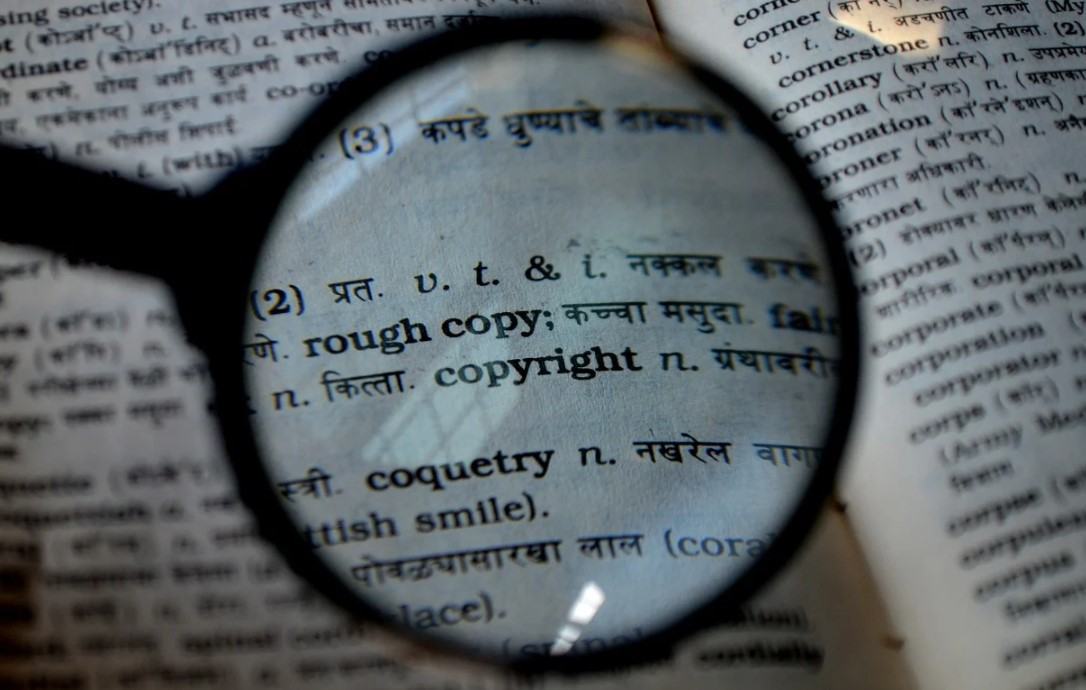 It is a busy week for copyright proposals in the United States, one that will resound far into the year ahead.
It is a busy week for copyright proposals in the United States, one that will resound far into the year ahead.
A few hours after the ‘CASE Act’ and the ‘Protecting Lawful Streaming Act’ were approved as part of the spending bill, a discussion draft for a new and improved version of the DMCA was revealed.
The draft (pdf) was published by Senator Thom Tillis, who started a thorough review of the copyright law last year. After hearing dozens of experts and stakeholders, the Senator released what he considers to be a more modern version of the 20-year old DMCA.
“The Digital Millennium Copyright Act was passed in 1998, and while it was revolutionary at the time, the law simply hasn’t kept pace with changes in technology. The DMCA is now antiquated and is past-due for modernization,” Senator Tillis said.
“This discussion draft is the result of a year-long series of hearings and months of feedback from creators, user groups, and technology companies.”
Titled the “Digital Copyright Act of 2021,” the proposal suggests various updates and changes that have ignited instant opposition from digital rights groups. We will provide a summary of some key proposals but there will be more to unpack in the future.
Notice and Staydown
The current DMCA requires online services to remove copyright-infringing links or files when they are alerted by copyright holders. This won’t change in the new proposal but simply taking down content is no longer sufficient.
When copyright holders inform services that ‘complete or near complete’ copies of their works are being shared online without permission, these platforms have to ensure that this content stays offline.

While the draft doesn’t mention filters specifically, the ‘staydown’ language indirectly requires online sites and services to monitor and filter uploaded content. This would be similar to Article 17 of the EU Copyright Directive.
Copyright holders have argued in favor of a staydown requirement for years. They argue that this is essential to end the piracy ‘whack-a-mole’ where they have to send hundreds of takedown requests for the same content.
Disconnecting Repeat Infringers?
The existing DMCA already requires ISPs to disconnect repeat infringers, but it’s not clear when this should happen, and if notifications from rightsholders are sufficient as evidence.
This ambiguity has led to a series of lawsuits where ISPs are accused of failing to adhere to the DMCA. The new Digital Copyright Act should bring an end to this uncertainty.
The discussion draft proposes to get rid of the “repeat infringer” and replace it with “persons that, on multiple occasions, were the subject of notifications (…) that were not successfully challenged.”
More importantly, it requires the Copyright Office, together with the National Telecommunications and Information Administration, to develop a policy model that specifies what a frequent offender is and how these persons should be handled.
This suggestion is in line with the Copyright Office’s own assessment from earlier this year, which called on Congress to clarify when a user’s account should be terminated.
Small Claims, Copyright Abuse, and More
The discussion draft also proposes using a small claims tribunal for smaller copyright offenses. This pretty much means incorporating the CASE Act in the new law but that seems unnecessary now that the proposal has already been passed.
A more novel suggestion in the ‘DMCA 2.0’ is to keep a list of companies and copyright holders that repeatedly send false takedown notices. These ‘flagged’ abusers are placed on a list maintained by the Copyright Office.

When online services receive takedown notices from blacklisted senders they are not required to act. In other words, they can ignore these takedowns without losing their safe harbor.
Praise and Outrage
As mentioned earlier, the above is just an initial rundown of the proposal, which by itself is merely a discussion draft. And based on the early responses, there is plenty to discuss, or not.
“There’s nothing to discuss,” The Electronic Frontier Foundation notes in an early response adding that “the bill, if passed, would absolutely devastate the Internet.”
Re:Create is equally offended by the draft stating that the proposed Digital Copyright Act “would fundamentally end online creativity as we know it.”
Public Knowledge, meanwhile, notes that the draft text “would significantly curtail online speech, subjecting every upload to mandatory content filtering while effectively eliminating fair use on the internet.”
As is often the case with copyright law proposals, the responses are mixed. Rightsholders are pleased with most of the suggestions, which is reflected in an early response from 22 music groups.
“Through a thoughtful, deliberative process, Senator Tillis has developed an important proposal. By digging deep into the substance, engaging a broad universe of stakeholders and experts, and confronting the issues, Senator Tillis and his team have started an important discussion about how best to provide incentives for success,” they say.





